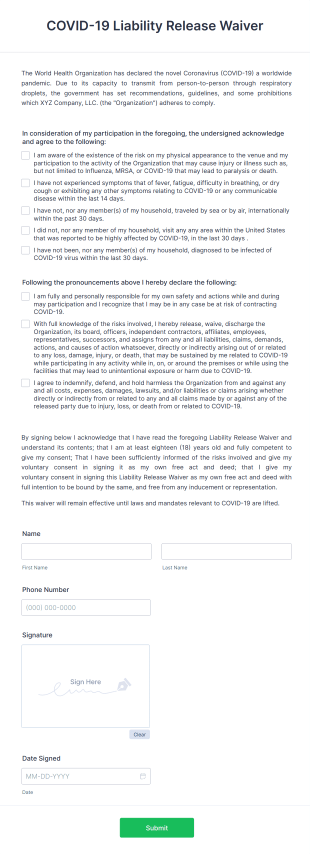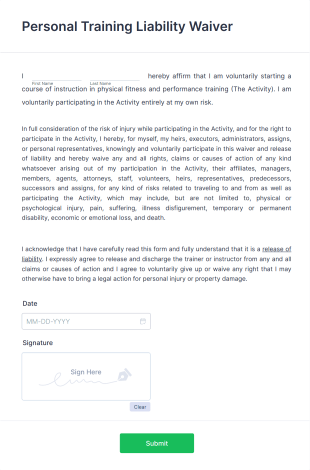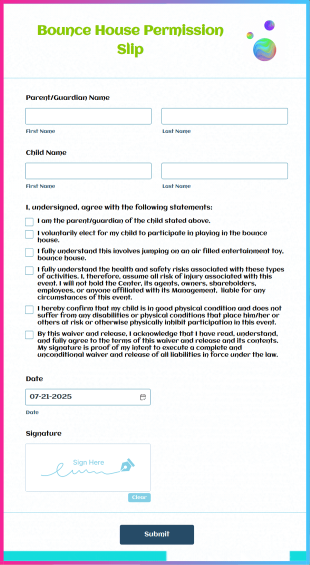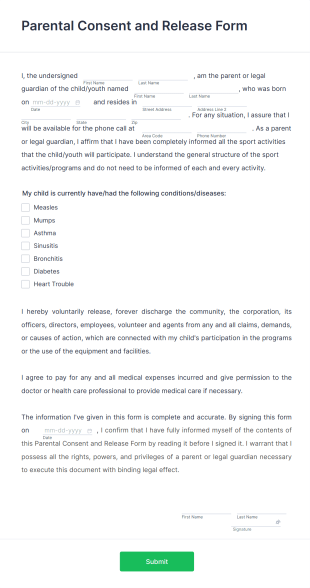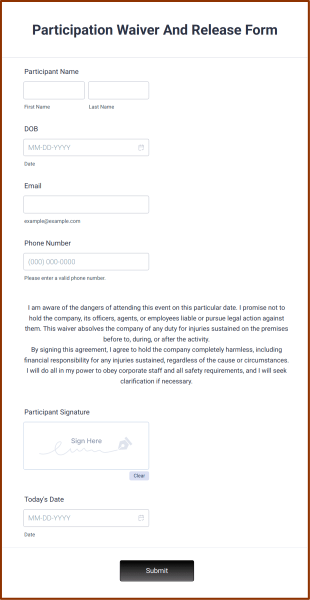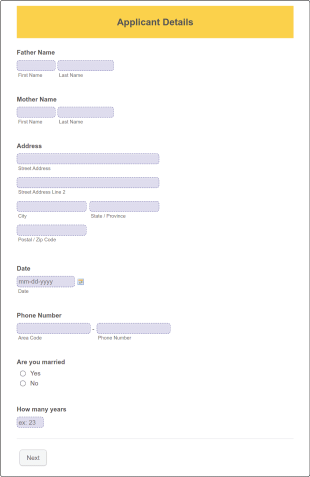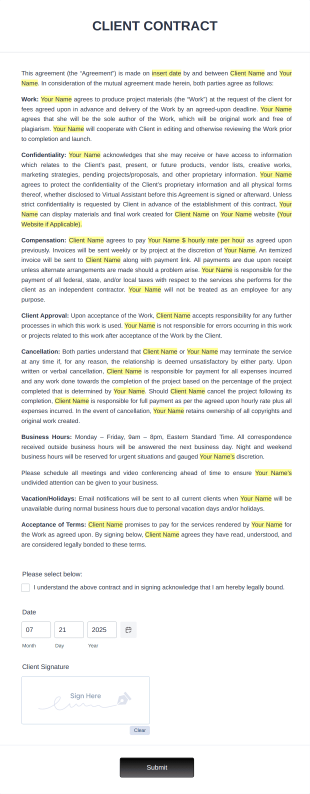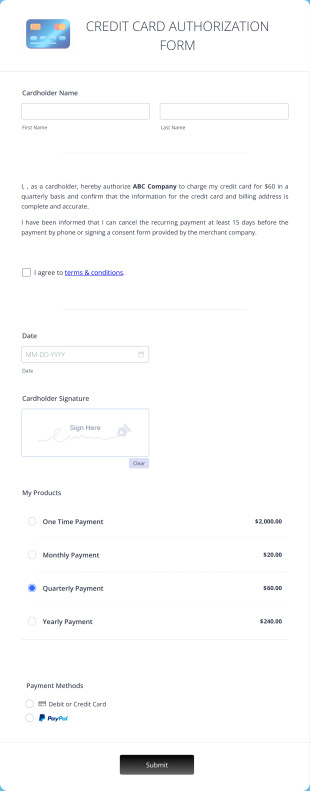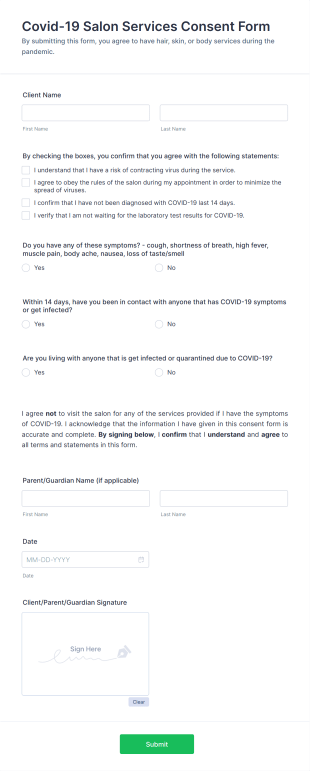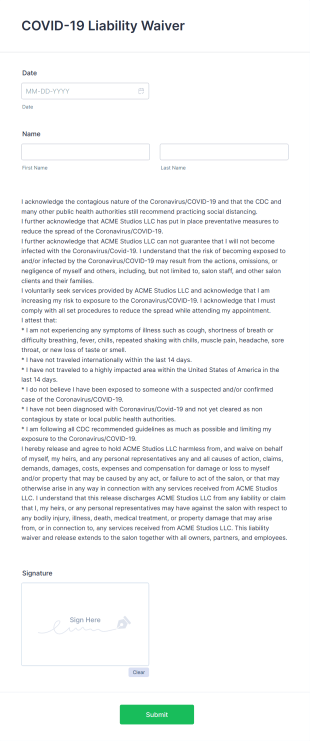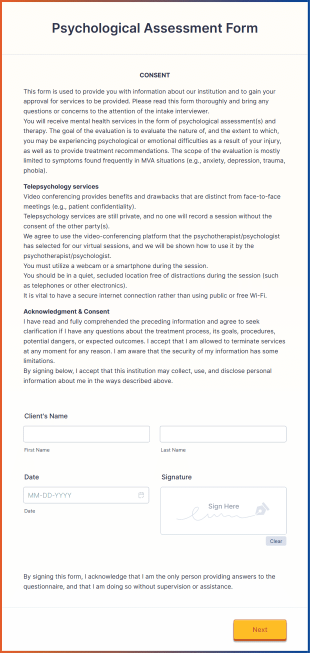Hoa Proxy Form FAQs
1) What is a proxy for HOA?
A proxy for a homeowner’s association (HOA) is a document that allows homeowners to designate another person to represent them at HOA meetings and to vote on their behalf. This document is beneficial for homeowners who are unable to attend a meeting in person and are unable to vote digitally.
2) Who can I designate as my proxy?
Typically, you can appoint any adult as your proxy unless your HOA bylaws stipulate additional restrictions. It’s a good idea to consult with your HOA to avoid losing your vote at the last minute.
Designating someone who lives under the same HOA is helpful, as they’ll better understand the community’s rules and how people living in the community feel about certain issues. However, no matter who you choose, make sure you can trust them to represent your wishes accurately during the HOA meeting.
3) How do I fill out the proxy form?
Your proxy form is technically a legal document, and your HOA will likely consider incomplete forms invalid. When filling out an HOA proxy form, be sure to include the following information:
- Your name and the address of your home within the homeowner’s association
- The full name and address of the person who’s representing you
- Your voting rights at the HOA meetings and those you’re assigning to your proxy
- The date you and others signed the document, along with your signature and that of a witness
When using a proxy template, find one you can edit to fit the requirements of your HOA (like the Jotform HOA proxy form template). This will give you the flexibility to add additional fields like the address of your proxy, the date of the HOA meeting, or any other relevant information. If you are unsure of the required information, please consult your HOA’s bylaws or contact the office for assistance.
4) Can I revoke my proxy?
Yes. In most cases, proxy forms will state the conditions under which you can revoke them. If the form doesn’t specify any conditions, the person who originally signed it can generally retract it at any time.
5) Does a proxy need to be notarized?
Proxy forms allow homeowners to designate someone else to vote on their behalf if they can’t attend the annual meeting. While you typically don’t need to have proxy forms notarized, it’s important to consult your state’s specific requirements before submitting your form.
6) Common HOA proxy mistakes
Proxy mistakes are common among HOAs, and they can cause problems when someone is trying to vote or otherwise participate in HOA proceedings. For example, a common proxy mistake is failing to provide the correct information on the form. To help you avoid simple mistakes, here’s a list of the 10 most common mistakes people make with proxy forms:
- Not signing the proxy form
- Not mailing the proxy form in time
- Not including the necessary information on the proxy form
- Filling out proxy forms incorrectly
- Not notarizing proxy forms when required
- Not having the correct signatures on proxy forms
- Sending proxy forms to the wrong address
- Forgetting to bring proxy forms to the meeting
- HOA boards misinterpreting proxy forms
- Homeowners not following through on proxy forms
The best way to avoid proxy mistakes is to carefully read the form’s instructions and ensure that all information is correct before signing it.
